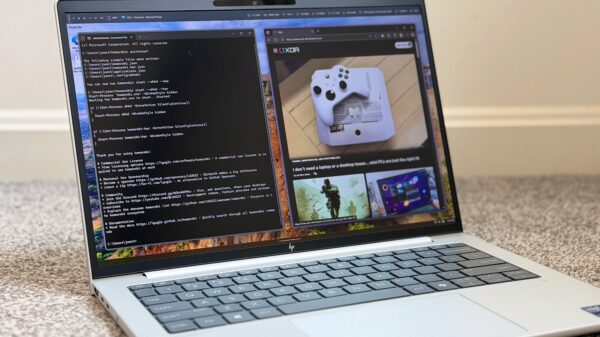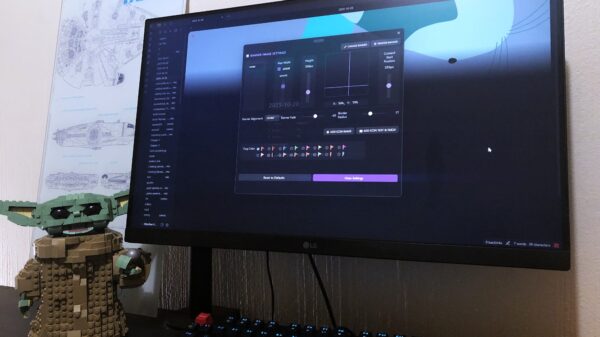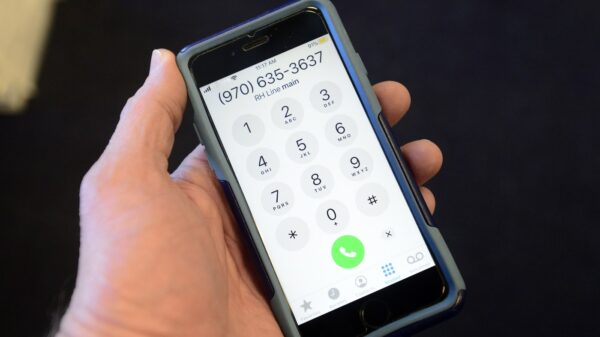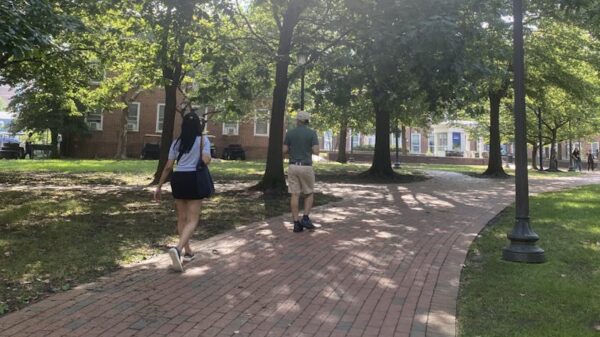Individuals living with diabetes face unique challenges, particularly when it comes to foot care. A seemingly minor cut or blister can escalate into a serious health concern if not addressed promptly. With proper knowledge and care, complications can be minimized, allowing those affected to maintain their mobility and quality of life.
Understanding Diabetes-Related Foot Ulcers
A diabetes-related foot ulcer is an open sore that fails to heal properly, typically appearing on the bottom of the foot. However, these ulcers can occur anywhere the skin is compromised. A small injury, such as a cut, blister, or callus, can lead to a significant problem if left unchecked. Once an ulcer has formed, the likelihood of developing additional ulcers increases.
The prevalence of foot ulcers among diabetes patients can be attributed to two primary complications: poor circulation and nerve damage, known as neuropathy. Poor circulation slows the healing process, while neuropathy can diminish the sensation of pain, making it difficult for individuals to recognize injuries. Consequently, unnoticed injuries may become infected, leading to severe complications.
The Risks and Treatment Options
Diabetic foot ulcers can take weeks or even months to heal. If an infection develops, more aggressive interventions may be necessary, including surgery to remove damaged tissue. In extreme cases, amputation may be required. Early treatment is crucial in preventing these outcomes.
If you notice any unusual symptoms on your feet, such as redness, swelling, or sores, it is vital to seek medical assistance immediately. Dr. Paul Ryan, an orthopedic surgeon and wound care specialist at Barton Health, emphasizes the importance of prompt evaluation. The Barton Wound Center offers comprehensive assessments and personalized treatment plans that may include:
- Specialized dressings
- Pressure-relieving footwear
- Advanced healing therapies
For those residing in rural areas, proactive prevention becomes even more critical. Daily foot inspections can help identify potential issues before they escalate. Should you find anything concerning, seek help without delay. Your mobility and overall health depend on it.
For further information or to schedule an appointment, contact the Barton Wound Center at +1 530.543.5479 or visit BartonHealth.org. Additionally, Dr. Ryan will host a free webinar titled “Foot Care: From Injury to Infection” on November 13, 2023, from 17:00 to 18:00. Details for the webinar can be found at BartonHealth.org/Lecture.



































































